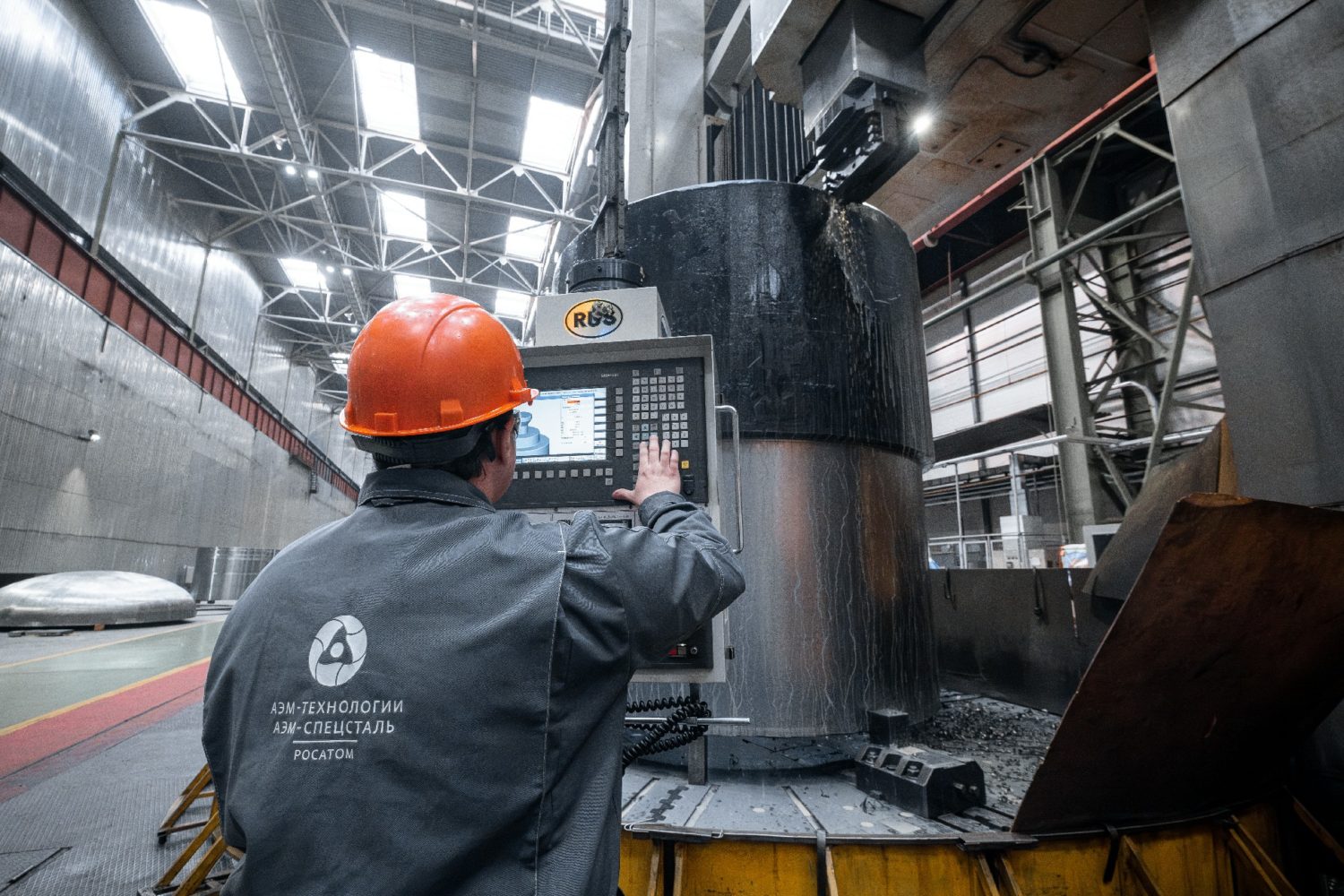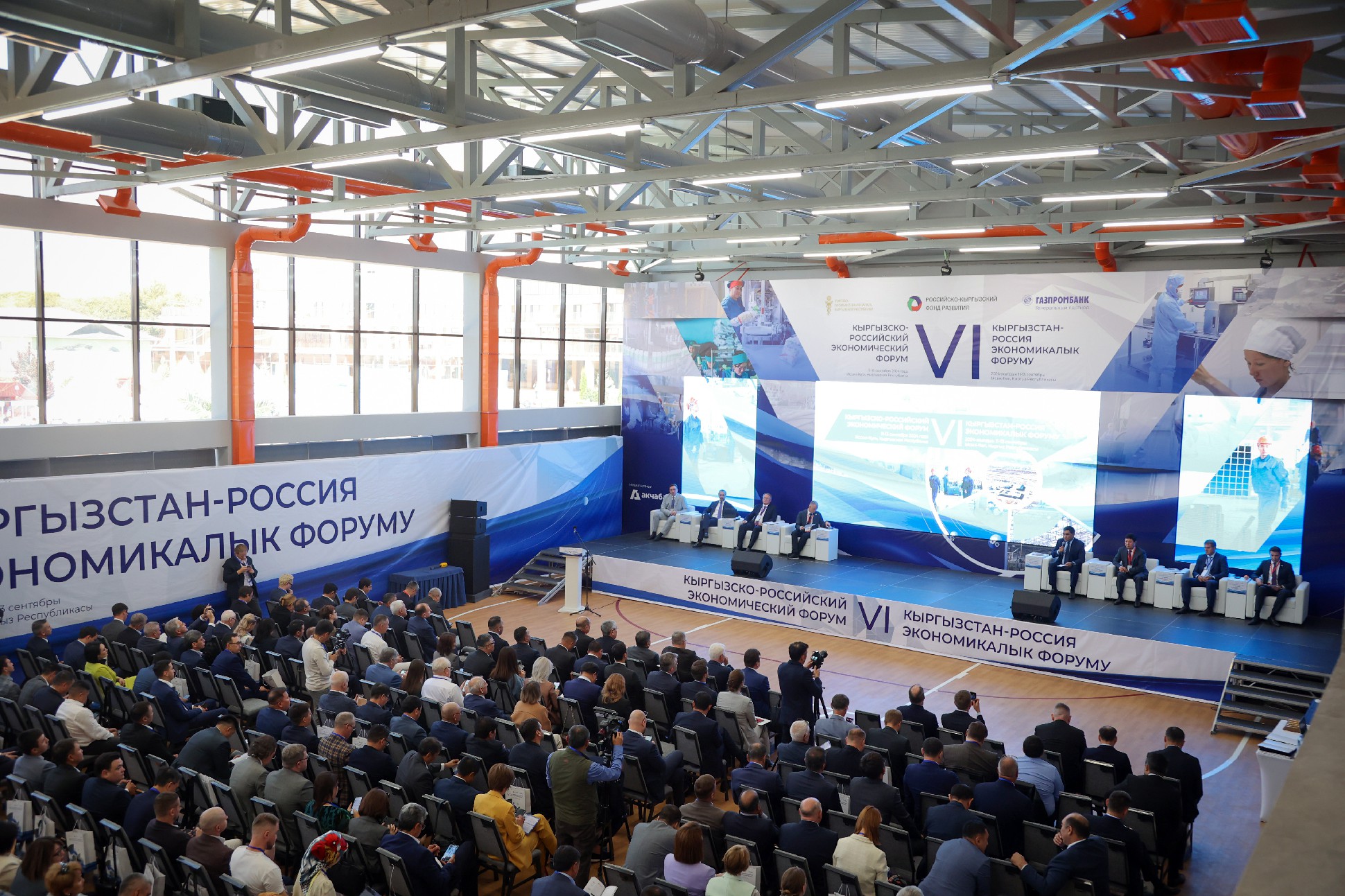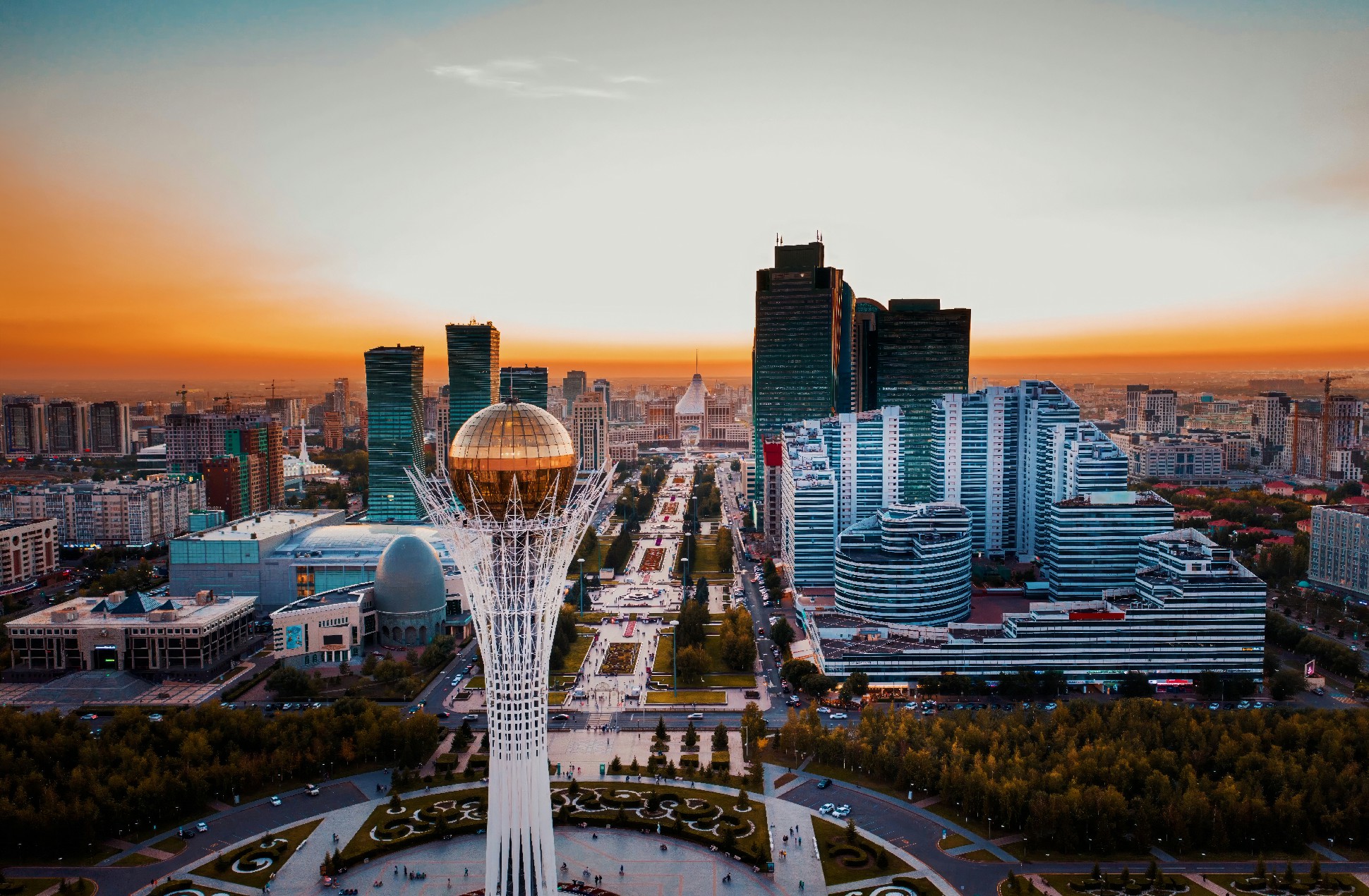
To Central Asia With Energy
back to contentsSeptember saw several important events taking place in two Central Asian countries, Uzbekistan and Kyrgyzstan, to lay the foundation for Rosatom’s projects in this region. Here is the latest news.
Uzbekistan
AtomStroyExport (ASE, Rosatom’s engineering division) and the NPP Construction Directorate of Uzbekistan’s Agency for Nuclear Energy Development (UzAtom) signed a protocol on the commencement of on-site works to build a small modular reactor (SMR) nuclear power plant in Uzbekistan. “The protocol signed today documents that the parties have met their regulatory and financial conditions precedent. Rosatom’s engineering division is now moving ahead with drafting technical documents required to obtain an SMR site license and site survey permits,” said Pavel Bezrukov, Director for NPP Construction Projects in Central Asia at ASE.
Preliminary work on the SMR project started in the summer of this year. In late August, construction of a rotation camp began to accommodate on-site workers. International construction practice shows that a new town always attracts industrial and commercial companies, offering them new business opportunities.
The SMR plant to be built in Uzbekistan will be equipped with Russia’s latest RITM‑200N nuclear reactor. It is a water-cooled water-moderated installation, a modification of the time-proven RITM‑200 naval reactor (reactors of this design operate successfully on nuclear icebreakers) for onshore deployment. RITM‑200N will also be installed at a nuclear power plant currently under construction in Yakutia to become Russia’s first onshore SMR.
Kyrgyzstan
Rosatom Service (part of Rosatom’s electric power division), the Russian-Kyrgyz Development Fund (a development institution established by the governments of the two countries) and Alfa Oil (a leading Kyrgyz distributor of fuels, lubricants and other petroleum products) signed an investment agreement at the 4th Kyrgyz-Russian Economic Forum to build a 30 MW hydroelectric power plant (HPP) on the Chandalash River in the Jalal-Abad Region. The project is expected to be finished in three years.
“With support from the Ministry of Energy of the Kyrgyz Republic, we are going ahead with the construction of a facility that is of social and economic importance for the local communities. The Chandalash HPP will have a positive impact on the well-being of local residents and development of the national industry. The project will use Rosatom’s advanced technology to ensure the hydro power plant is built to the highest standards,” said Vladimir Bredov, Deputy CEO for Project Management at Rosatom Service.

Rosatom Service will act as an EPC contractor: the company will manage the entire project, do the engineering part, procure equipment, and provide construction, installation and commissioning services. Local contractors are planned to be involved in the project to the maximum extent possible. The Russian-Kyrgyz Development Fund and Alfa Oil will act as investors and manage government relations.
As the forum was up and running, a capsule was laid near the village of Kok Moinok-Pervoye, Issyk-Kul Region, to mark the start of Rosatom’s project to build a wind farm.
“Despite the skepticism, today we have stepped onto the path of achieving one of the UN Sustainable Development Goals. Although the Kyrgyz Republic is among the regions that have the greatest potential for renewable energy, we have not added wind, solar or biogas to our energy mix yet. We have more than 300 sunny days a year, and the power of local winds found its way into folk legends,” said Akylbek Zhaparov, Chairman of the Cabinet of Ministers and Head of the Presidential Office of Kyrgyzstan.
“I am thankful to the leadership of Kyrgyzstan and I am sure that our cooperation will but strengthen,” said Grigory Nazarov, CEO at Rosatom Renewable Energy.
Wind measurements are underway at the site, with construction works scheduled to begin in 2025. The wind farm is planned to be commissioned by the end of 2026.
Kazakhstan will also have nuclear
In early October, Kazakhstan held a nationwide referendum on the construction of a nuclear power plant in the country. The majority (over 70 %) of those who voted supported the government plans. Kazakhstan authorities are considering four reactor technology vendors, Rosatom included. An option to form an international consortium is also under consideration, according to President Kassym-Jomart Tokayev. Kazakhstan’s first nuclear power plant is planned to become operational by 2035.





